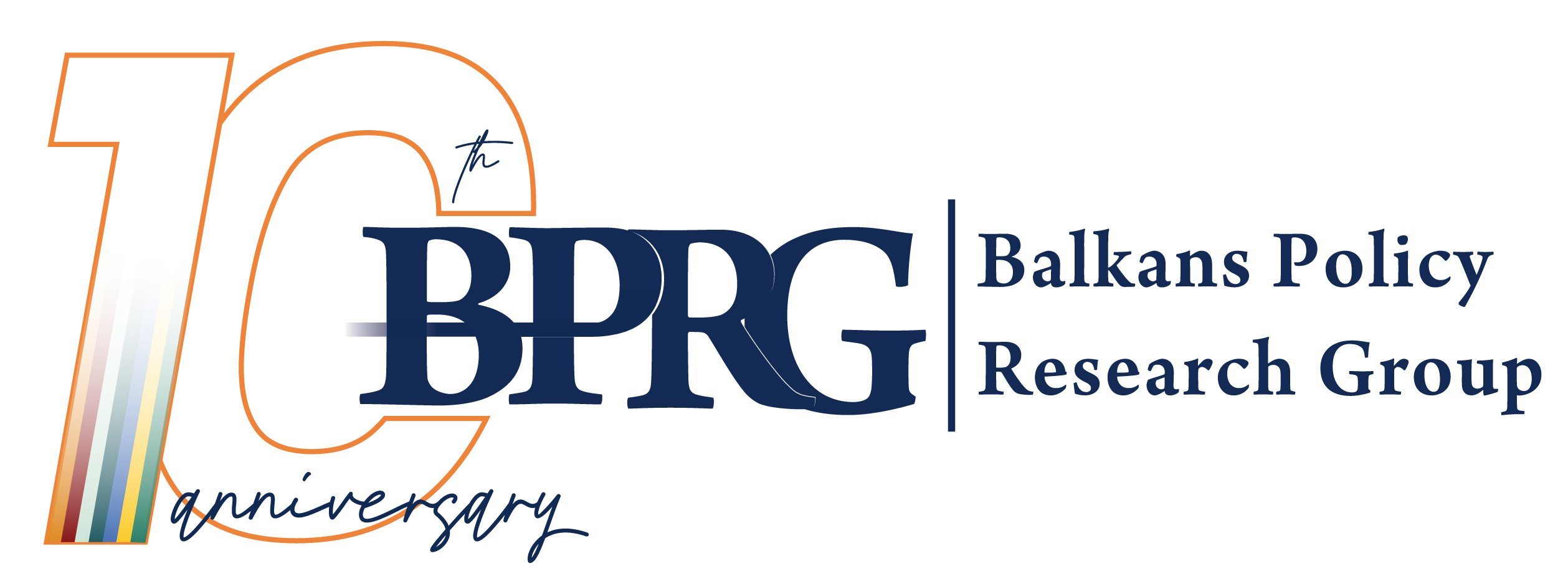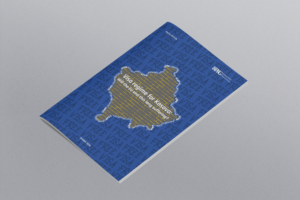Balkans Group’s new policy report Visa regime for Kosovo: Will the EU end this long suffering? offers detailed analysis and information about the process of visa liberalisation for Kosovo and argues that the EU’s delays in approving it are completely unjustifiable.
In the last decade, Kosovo has achieved notable progress in fulfilling a long list of requirements with regard to migration, security, and the fight against organised crime and corruption.
Ten years after the launch of the visa dialogue and four years since the implementation of the benchmarks, Kosovo is still waiting for a visa-free regime with the EU. The following weeks are decisive. There are positive developments from the EU which signal the end of the long-delayed visa liberalization process for Kosovo. A positive decision at the meeting of the working group of the European Council, on 13 October 2022, the visa liberalisation for Kosovo would enter the formal approval process, which could take several months (as the graph in the report presents)
The visa regime has cost the citizens and economy of Kosovo a lot. From 2016 to 2021, the embassies of Schengen countries received 539,344 applications. With an average cost of 165 EUR per application, Kosovars have paid around 89 million EUR for tourist visas to EU countries. An extremely high amount for a country with an annual GDP of $4,986 per capita, and an average salary of €484. The EU and the Member states are the largest donors to Kosovo. Worth noting that Kosovo will benefit 63.96 million EUR from the IPA III (2021-2027)
The visa regime has made it impossible for Kosovar companies to have equal access to the EU markets compared to their neighbours. Furthermore, the lack of free movement has limited the benefits of the Stabilization and Association Agreement with the EU (2015). There is no free movement of goods and services (as supported in the SAA) without the free movement of people. Consequently, Kosovar companies have always been at a disadvantage and with fewer opportunities. As surveyed by the Balkans Group, the visa regime has negatively affected the revenue of Kosovo companies by 15% to 50%.
Therefore, the data and the arguments presented in the report should further persuade the EU and the member states to approve the visa liberalisation for Kosovo.



